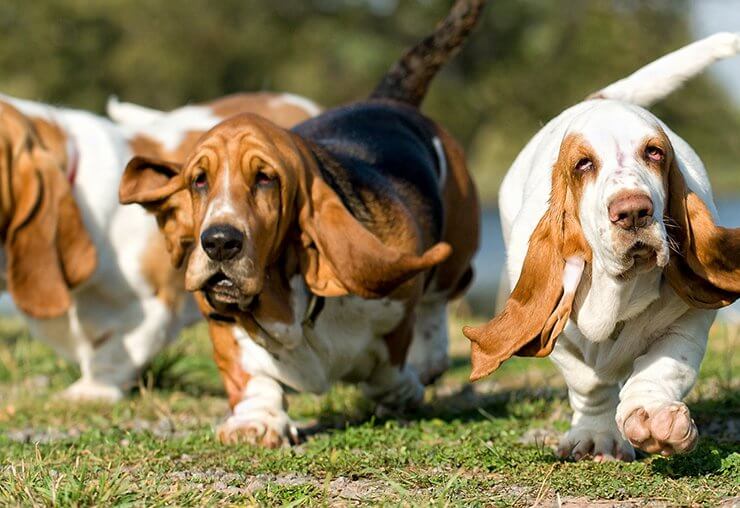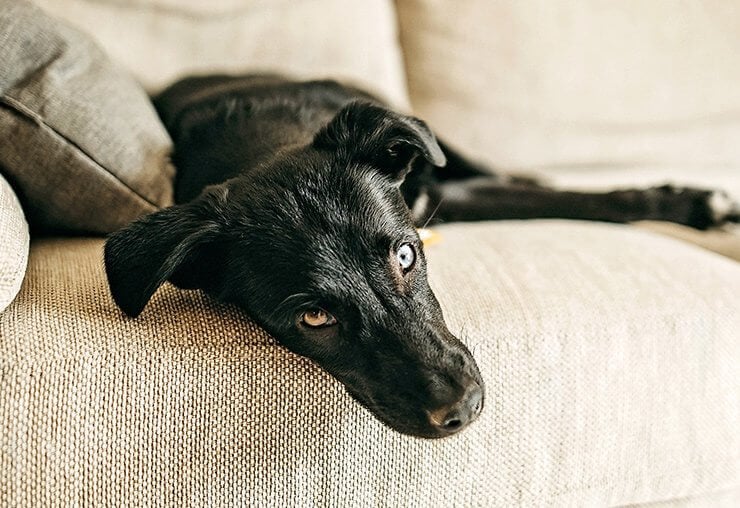Chihuahua
The smallest dog breed

Chihuahua is the smallest of dog breeds and a national symbol of Mexico. These dogs were named after the Mexican state of Chihuahua and stand among the oldest breeds of the Americas.
|
Mexico |
|
Group 9 Companion and Toy Dogs, Section 6 Chihuahueño. |
|
Lively, Devoted, Alert, Courageous, Quick |
|
Any colour variation possible - solid, marked or splashed |
|
1.8–2.7 kg |
|
15–25 cm |
|
from 12 to 20 years |
Chihuahua puppies
There are plenty of Chihuahuas in competitive sports, shows, and in movies, showing that they absolutely can be trained to advanced levels. But on the other hand, there are also many owners and trainers who struggle with basic behavioural problems with their dogs. Despite being very little Chihuahuas have a reputation of being feisty, loud and difficult to potty train. These dogs can differ greatly among the breed. Thankfully, Chihuahuas love to please and positive reinforcement works wonders during training. Always have some treats handy - Husse Bravo treats can easily be broken into smaller pieces, suitable for your Chihuahuas tiny jaws. To promote proper development of your Chihuahua puppy feed a diet made specifically for small dog breeds - Husse Valp Mini is a dry dog food crafted specifically for smaller breeds.
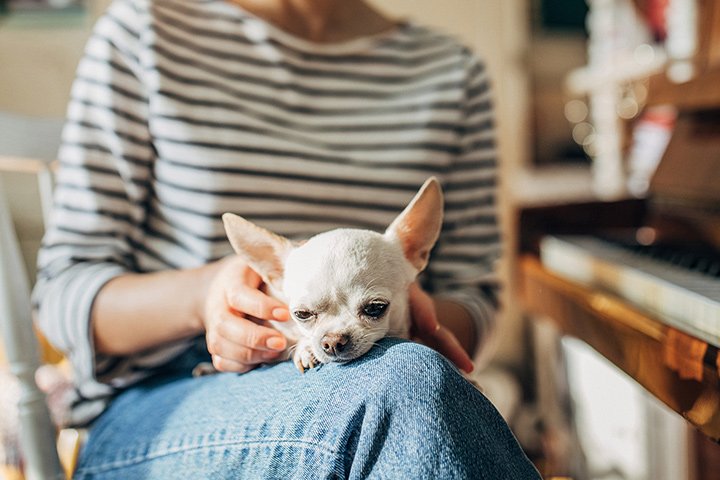
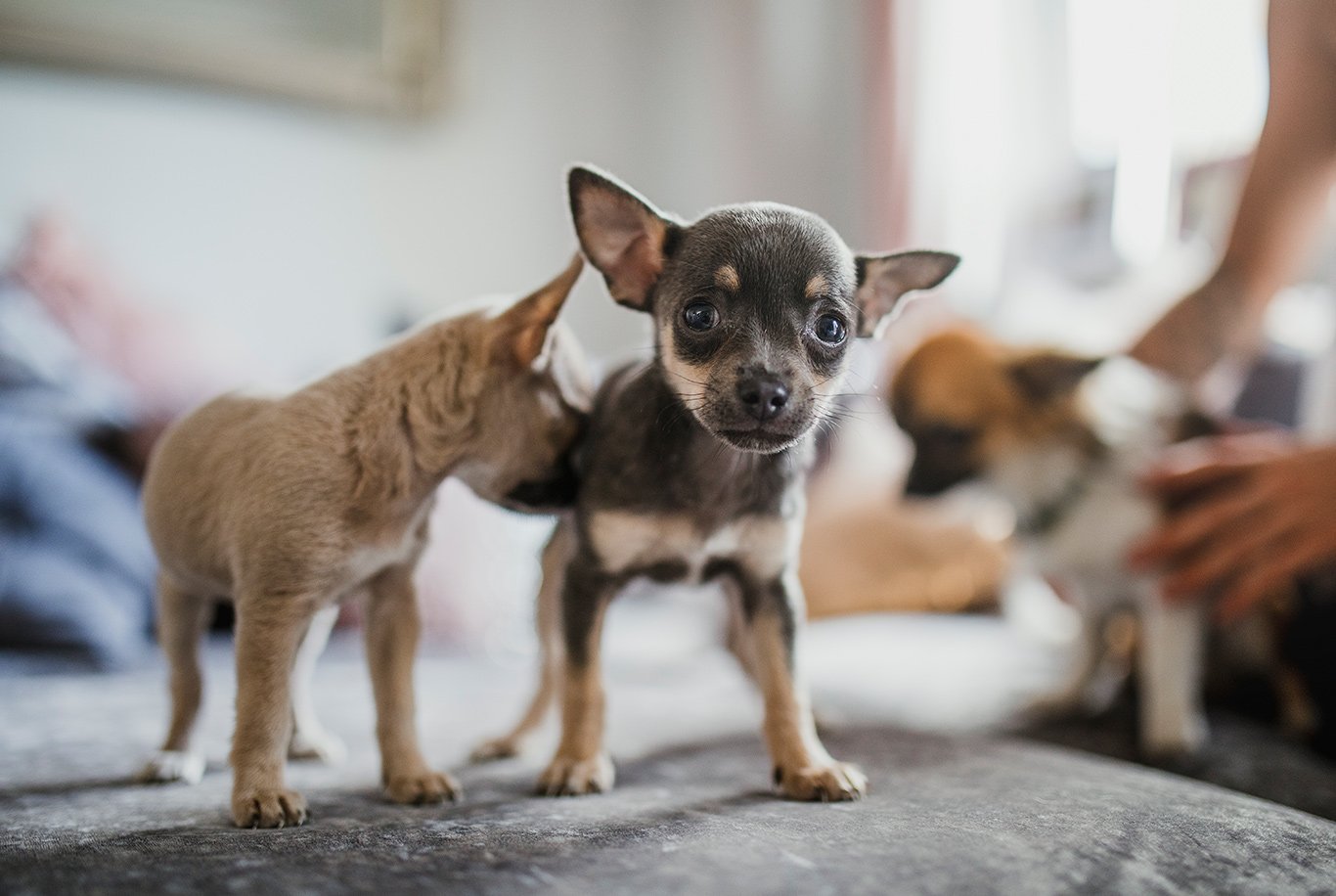
Chihuahua’s nutrition
Being one of the smallest among dog breeds, Chihuahuas require a diet made specifically for a dog their size. As this breed is somewhat prone to obesity monitoring your dog’s weight and caloric intake is necessary. Chihuahuas jaw’s size makes for weaker teeth, so dry food with smaller kibbles is the best choice for your dog. Optimal Mini from Husse range is a well-balanced diet based on natural and carefully selected ingredients. In addition to dry dog food supplying your dog with dental chews can help with dental hygiene and prevent and control the accumulation of plaque and tartar to avoid consequences of severe periodontal disease. Dental Snacks from Husse range are grain-free and come in a smaller size, more suitable for your Chihuahuas jaws.
Detailed description of Chihuahua
Chihuahua is one of the smallest dog breeds, with adults reaching a maximum 25 cm in height and weighing less than 3kg. Their coats come in many colours and patterns and can be either long or short.
Genesis
Images resembling Chihuahuas have been found on the artefacts of many lost civilizations around the world. Though the exact origin of the breed remains the secret of prehistory, both archaeological evidence and folklore show that this particular breed originated in Mexico. It is believed that modern Chihuahua descended from Techichi - a companion dog of the Toltec civilization in Mexico, that was larger and heavier than the Chihuahua we know today. Many historians believe that after the Aztecs conquered the Toltecs in the 12th century they refined the Techichi dog into a much smaller and lighter dog. After the fall of Aztec culture in the 1500s, the Techichi was presumed lost since it was an integral part of the culture of Aztecs. But in the mid-1800s many specimens have been found in the state of Chihuahua after which the breed got its name.
Appearance
As the smallest of dog breeds recognised by kennel clubs adult Chihuahuas never grow taller than 25 cm. Chihuahuas are described to have an "apple head" or "apple-dome" skull conformation. These dogs have large, round eyes and big, erect ears. In this breed, the part where the muzzle meets the skull forms almost a perfect 90-degree angle. Because of their small size, Chihuahuas may appear delicate or even fragile. Chihuahuas can occur in virtually any colour combination. Since every variety of colour and pattern can occur in dogs of this breed there is a great degree of variation when it comes to Chihuahuas looks.
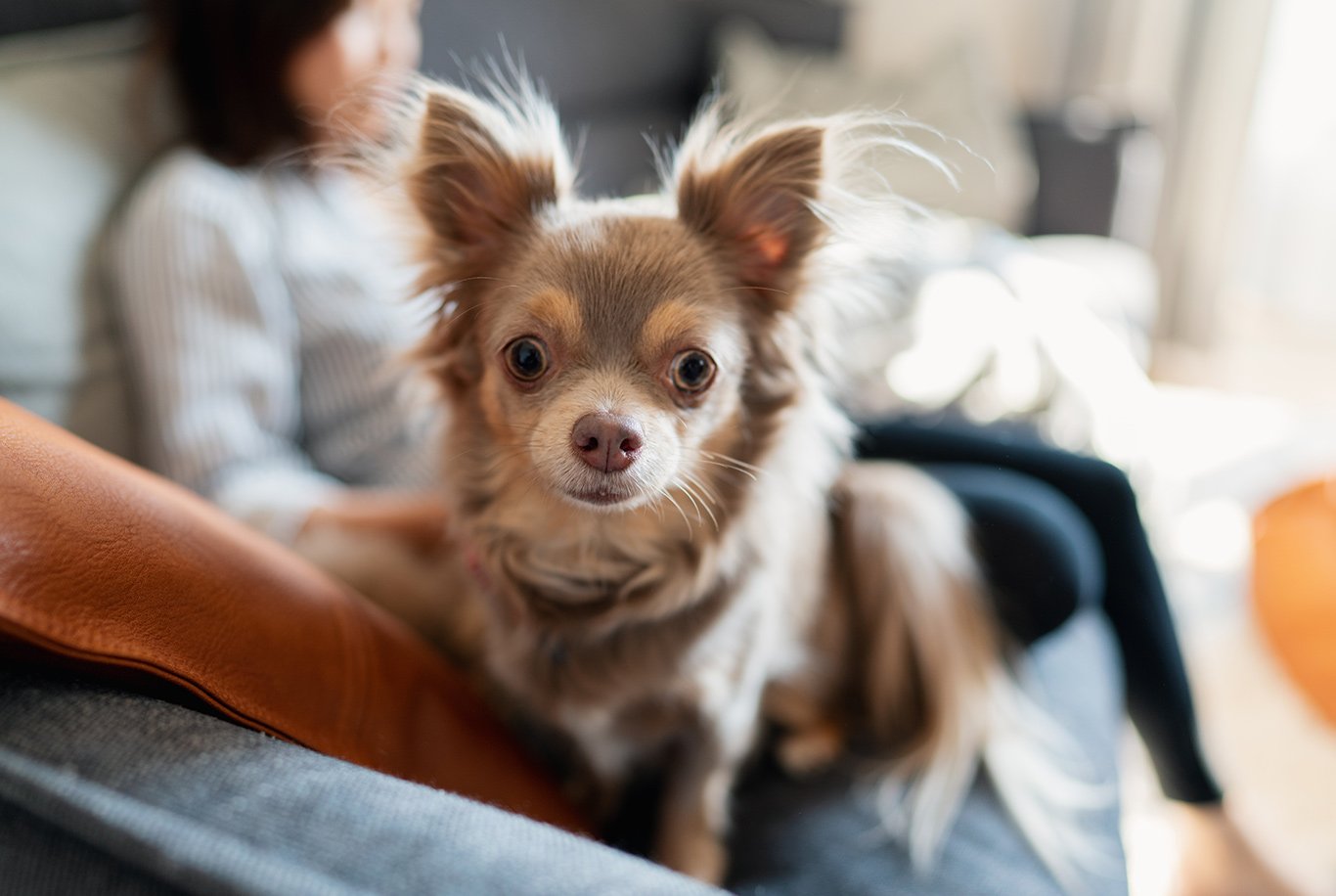
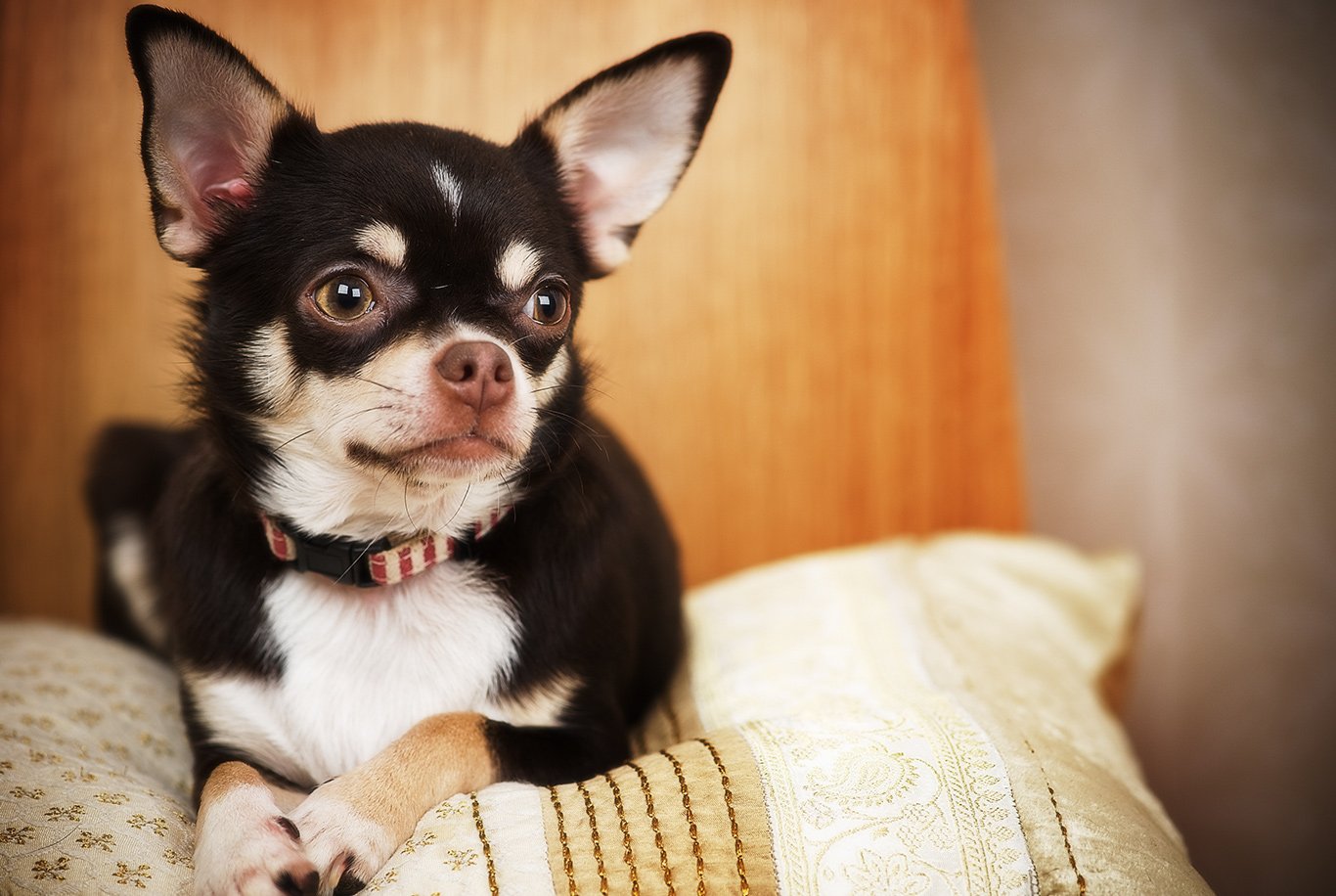
Behaviour
Because of their small size Chihuahuas can be easily frightened which can provoke them to attack. This breed is not the best choice for families with small children and any larger animals, as they are very vulnerable to any injuries. Chihuahuas are known for becoming strongly attached to one particular person in a household. Chihuahuas' behaviour depends mostly on the genetic temperament of the dog's parents and grandparents, so make sure to ask your breeder how they behaved to get the general idea of what you can expect from your pet Chihuahua. As with any dog breed, Chihuahuas can greatly benefit from proper training and socialization and they tend to respond the best to positive reinforcement training.
Requirements
With their small jaws, Chihuahuas generally have weaker teeth and require more extensive dental care. Dental diets and dental chews can help prevent the accumulation of plaque and tartar. A molera can appear in apple head Chihuahuas and is known to be present in nearly all Chihuahua puppies. The soft spot on the Chihuahua’s head usually fills in during the first six months, but in that time it is advised to be extra cautious to prevent any injuries. Chihuahuas have large, protruding eyes that make them prone to eye infections and a variety of injuries. Chihuahuas can easily get cold, so providing your dog with coats or sweaters for colder months will help keep them warm and comfortable.
Daily care
Shorthaired Chihuahuas are considered easy to maintain. They need a weekly brushing and a bath every 3 to 4 weeks. With dogs of this breed easily getting cold, it is important to wrap your dog in a towel after bathing for some warmth. Chihuahuas may experience excessive tearing, so regular cleaning of the eye area may prevent tear-staining from happening. Chihuahuas teeth require some extra attention - it is best to brush your dog’s teeth daily or give some dental chews to promote mechanical teeth cleaning.
 dr Anna Plummervet and blogger
dr Anna Plummervet and blogger
















 Country of origin:
Country of origin: FCI group:
FCI group: Temperament:
Temperament: Colors:
Colors: Weight:
Weight: Height:
Height: Life expectancy:
Life expectancy: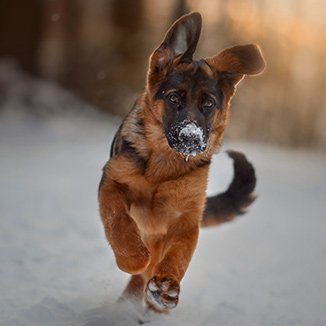 German shepherd
German shepherd Maltese
Maltese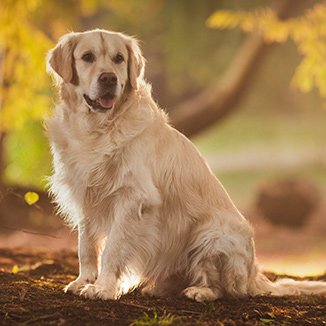 Golden retriever
Golden retriever Beagle
Beagle Rottweiler
Rottweiler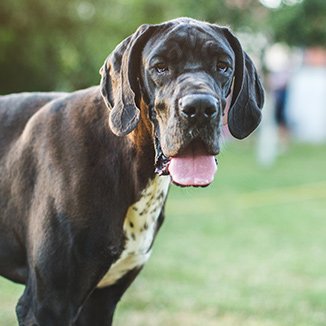 Great Dane
Great Dane Poodle
Poodle Siberian husky
Siberian husky French bulldog
French bulldog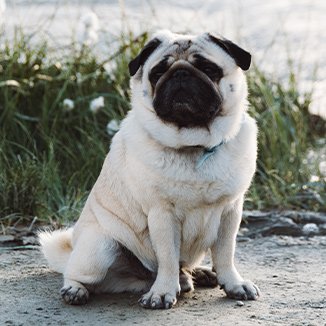 Pug
Pug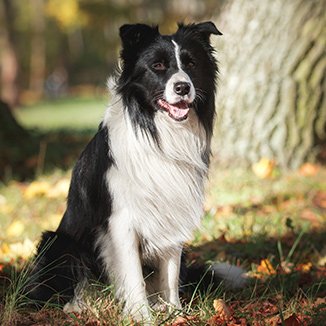 Border collie
Border collie Chihuahua
Chihuahua Pomeranian
Pomeranian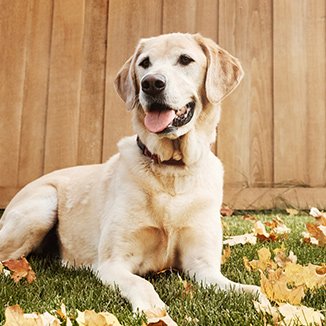 Labrador retriever
Labrador retriever English bulldog
English bulldog Chow chow
Chow chow Samoyed
Samoyed Cane corso
Cane corso Doberman
Doberman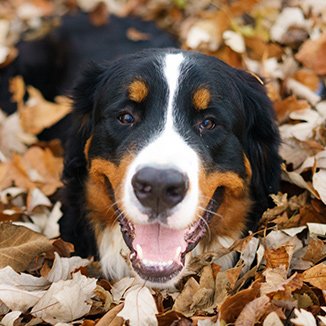 Bernese Mountain Dog
Bernese Mountain Dog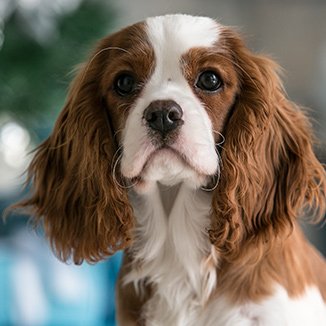 Cavalier King Charles Spaniel
Cavalier King Charles Spaniel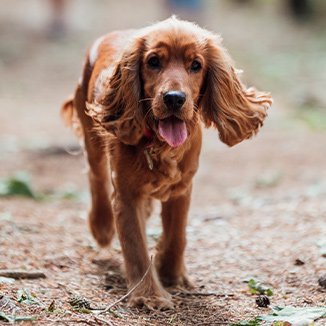 Cocker Spaniel
Cocker Spaniel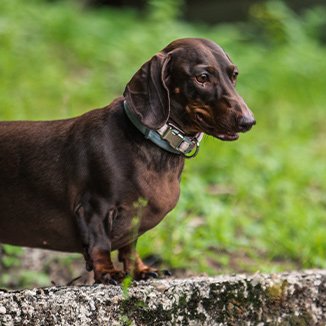 Dachshund
Dachshund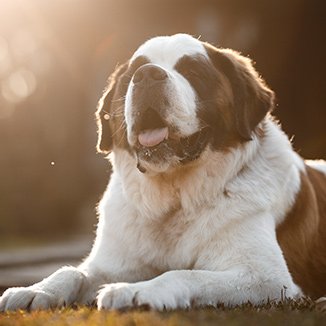 St. Bernard
St. Bernard Maine coon
Maine coon Ragdoll
Ragdoll Persian cat
Persian cat Siamese cat
Siamese cat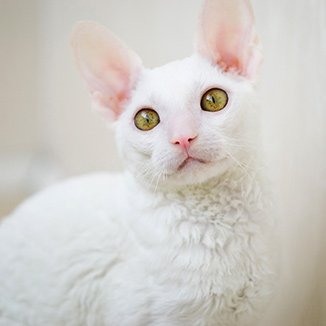 Cornish rex
Cornish rex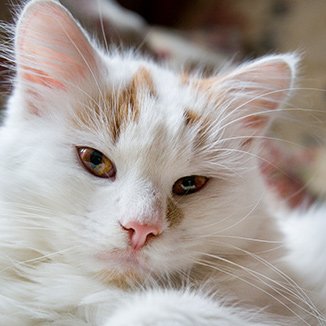 Turkish van
Turkish van Devon rex
Devon rex Scottish fold
Scottish fold Siberian cat
Siberian cat Selkirk rex
Selkirk rex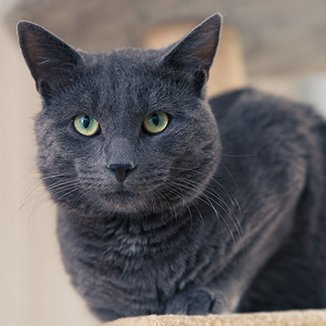 British shorthair
British shorthair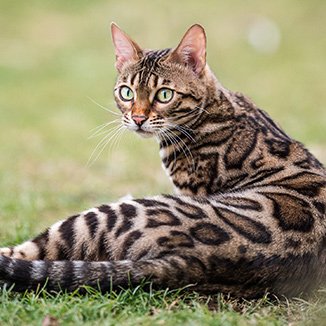 Bengal cat
Bengal cat1.jpg)
